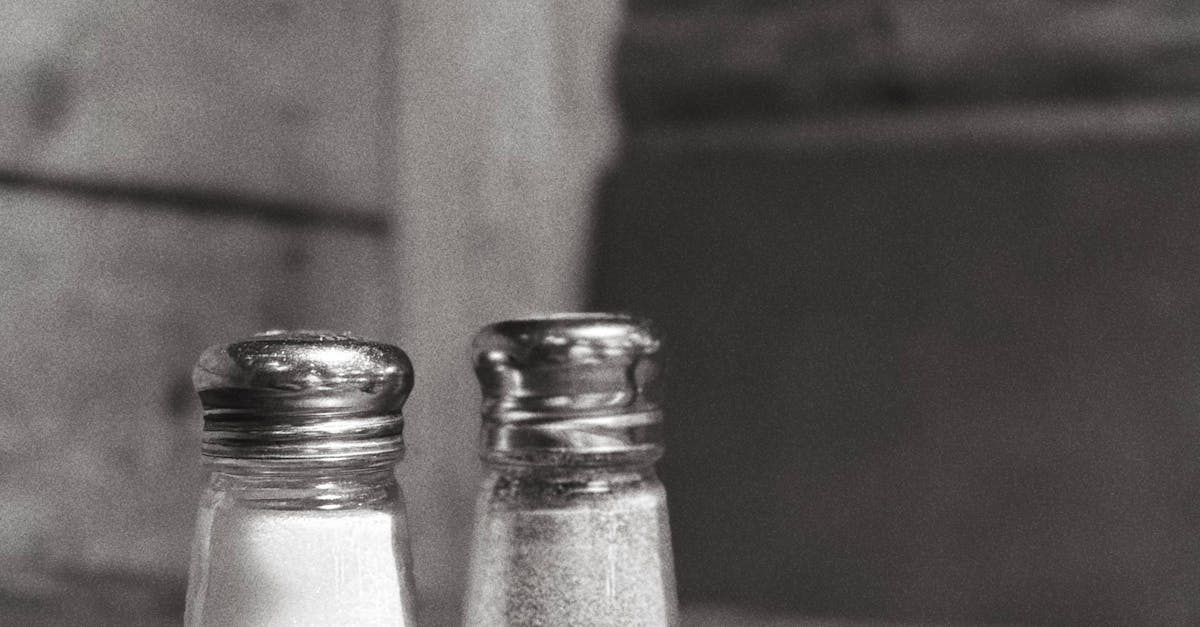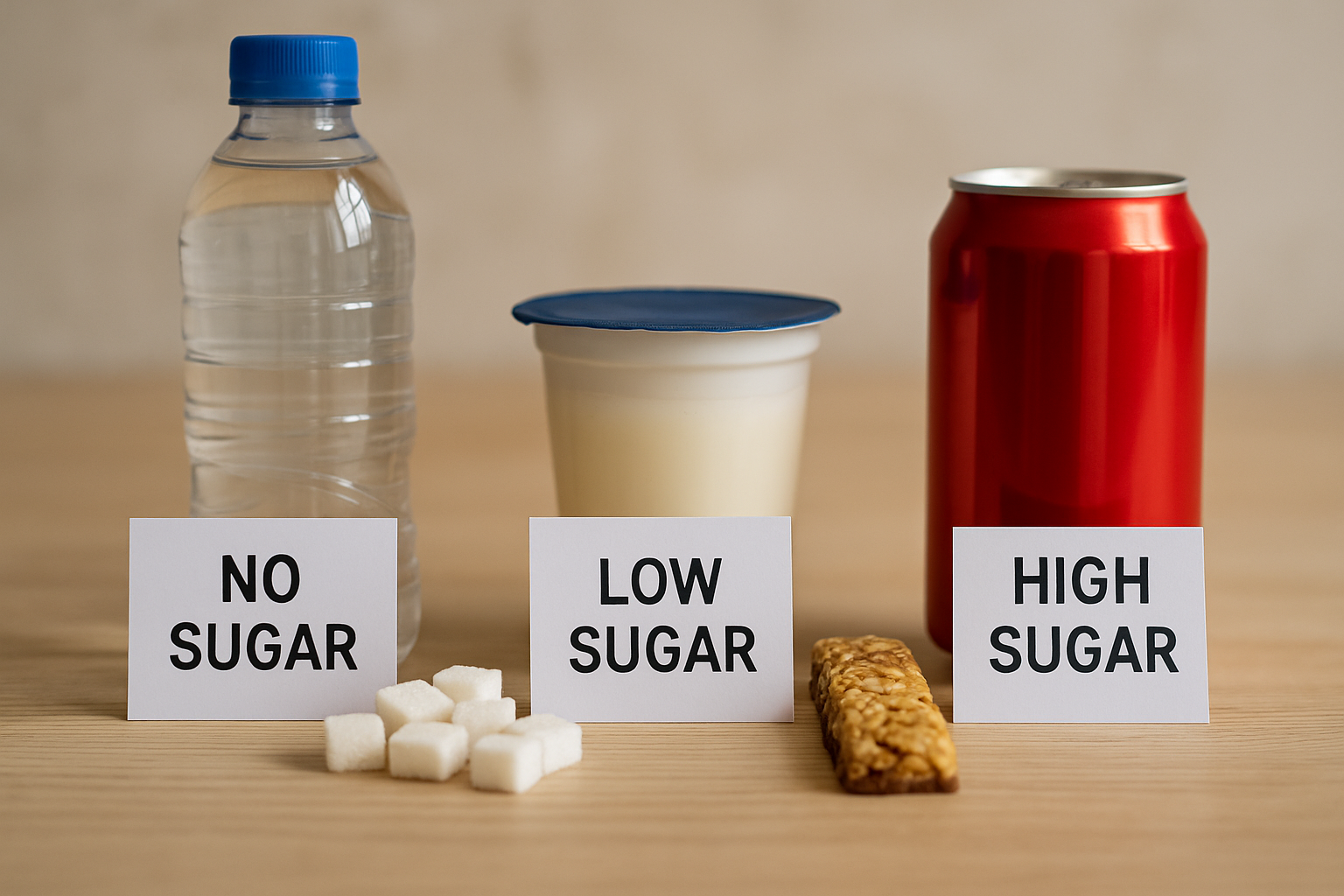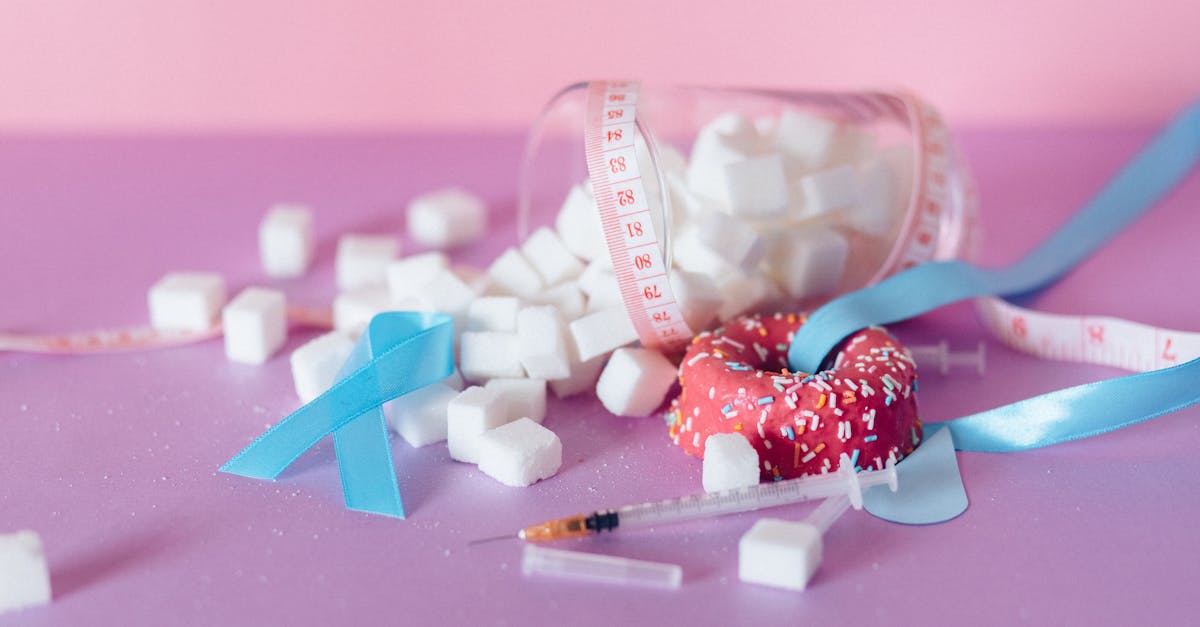The Silent Spike: 10 Everyday Habits That Are Silently Raising Your Blood Pressure
In the fast-paced rhythm of modern life, many individuals are unknowingly nurturing habits that could be silently escalating their blood pressure, posing significant health risks. Hypertension, often dubbed the "silent killer," frequently goes unnoticed until it manifests as a serious health crisis. This article meticulously examines ten everyday habits that stealthily contribute to rising blood pressure, weaving each into a broader narrative of lifestyle awareness and proactive health management. By understanding these habits, individuals can take informed steps towards mitigating their impact, thus safeguarding their cardiovascular health and overall well-being.
The Salt Trap: Hidden Sodium in Your Diet

While a sprinkle of salt may seem harmless, the cumulative effect of high sodium intake can be detrimental. Processed foods, canned goods, and even some seemingly healthy snacks are laden with sodium, which can lead to water retention and increased blood pressure. The World Health Organization recommends reducing salt intake to less than 5 grams per day, yet many exceed this amount unknowingly. Awareness and careful label reading can help reduce sodium intake, thus lowering the risk of hypertension. By opting for fresh, whole foods and seasoning with herbs instead of salt, individuals can significantly impact their blood pressure levels.
The Stress Surge: Emotional and Psychological Triggers

Chronic stress is a well-documented contributor to high blood pressure. When the body perceives stress, it triggers the release of hormones like adrenaline and cortisol, which increase heart rate and constrict blood vessels. This physiological response is beneficial in acute situations but harmful when sustained over time. Techniques such as mindfulness, meditation, and deep-breathing exercises can mitigate stress, promoting relaxation and reducing hypertension risk. Understanding personal stress triggers and developing coping mechanisms is crucial in managing blood pressure effectively.
The Caffeine Conundrum: How Your Morning Brew Affects You

Caffeine, a staple for many, can cause a temporary spike in blood pressure. While moderate coffee consumption is generally considered safe, excessive intake, especially in individuals sensitive to caffeine, may lead to sustained hypertension. The stimulant effect of caffeine can increase heart rate and blood pressure, particularly if consumed in large quantities or late in the day. Monitoring caffeine intake and observing personal tolerance levels can help manage its impact on blood pressure. Switching to decaffeinated options or herbal teas can also be beneficial.
The Sedentary Lifestyle: The Perils of Inactivity

Physical inactivity is a significant risk factor for high blood pressure. Regular exercise helps maintain a healthy weight, strengthens the heart, and promotes efficient blood flow, all of which contribute to lower blood pressure. Sedentary habits, such as prolonged sitting at a desk or excessive screen time, can negate these benefits. Incorporating physical activity into daily routines, even in small increments like walking or stretching, can significantly lower hypertension risk. Encouraging an active lifestyle is essential for maintaining cardiovascular health.
The Sleep Saboteur: Poor Sleep Quality and Quantity

Sleep plays a critical role in regulating bodily functions, including blood pressure. Sleep deprivation or poor-quality sleep can lead to elevated blood pressure levels. During sleep, blood pressure naturally dips, allowing the heart and blood vessels to rest. Disruptions in sleep patterns, such as insomnia or sleep apnea, prevent this natural dip, contributing to sustained hypertension. Prioritizing good sleep hygiene, such as maintaining a regular sleep schedule and creating a restful environment, can help improve sleep quality and manage blood pressure.
The Weighty Issue: Obesity and Blood Pressure

Excess body weight is a well-known contributor to high blood pressure. Carrying extra weight, particularly around the abdomen, can increase the workload on the heart and lead to higher pressure in the arteries. Weight loss, even modest reductions, can lead to significant improvements in blood pressure levels. A balanced diet rich in fruits, vegetables, lean proteins, and whole grains, combined with regular physical activity, is crucial in managing weight and blood pressure. Addressing obesity is a vital step in reducing hypertension risk.
The Alcohol Equation: The Impact of Drinking Habits

Moderate alcohol consumption may have some heart health benefits, but excessive drinking can lead to high blood pressure. Alcohol affects the sympathetic nervous system, which controls the widening and narrowing of blood vessels. Chronic excessive drinking can lead to sustained hypertension and increase the risk of heart disease. Limiting alcohol intake to recommended guidelines—up to one drink per day for women and two for men—can help manage blood pressure. Understanding personal limits and drinking responsibly is crucial for cardiovascular health.
The Smoking Signal: Nicotine's Effect on Blood Pressure

Smoking is a major risk factor for high blood pressure and cardiovascular disease. Nicotine in cigarettes causes blood vessels to constrict, leading to increased blood pressure. The chemicals in tobacco can damage blood vessel walls, contributing to atherosclerosis and further elevating hypertension risk. Quitting smoking is one of the most effective ways to lower blood pressure and improve heart health. Support from healthcare providers, nicotine replacement therapies, and smoking cessation programs can aid individuals in overcoming this habit.
The Sugar Spike: Hidden Sugars and Blood Pressure

Excessive sugar intake, particularly from sugary drinks and processed foods, can contribute to high blood pressure. High sugar consumption can lead to weight gain, insulin resistance, and increased triglycerides, all of which are risk factors for hypertension. Reducing sugar intake by choosing natural sweeteners and limiting sugary snacks and beverages can help manage blood pressure. Awareness of hidden sugars in foods and drinks is essential for making healthier dietary choices that support cardiovascular health.
The Hydration Hiccup: The Role of Water Intake

Adequate hydration is essential for maintaining healthy blood pressure levels. Dehydration can lead to an imbalance of electrolytes, causing blood vessels to constrict and blood pressure to rise. Drinking sufficient water throughout the day supports optimal blood flow and helps the kidneys regulate sodium levels. Monitoring water intake and ensuring consistent hydration, particularly during physical activity or in hot weather, is crucial for preventing dehydration-related blood pressure spikes. Prioritizing hydration is a simple yet effective strategy for managing blood pressure.
Embracing Change for a Healthier Future

Understanding the silent habits that contribute to high blood pressure empowers individuals to make informed lifestyle changes. By addressing factors such as diet, stress, exercise, and sleep, individuals can take proactive steps to manage their blood pressure and reduce the risk of hypertension-related complications. Embracing a holistic approach to health and wellness, with a focus on prevention, is key to achieving and maintaining optimal cardiovascular health. With awareness and commitment, individuals can overcome these silent spikes and pave the way for a healthier, heart-conscious future.